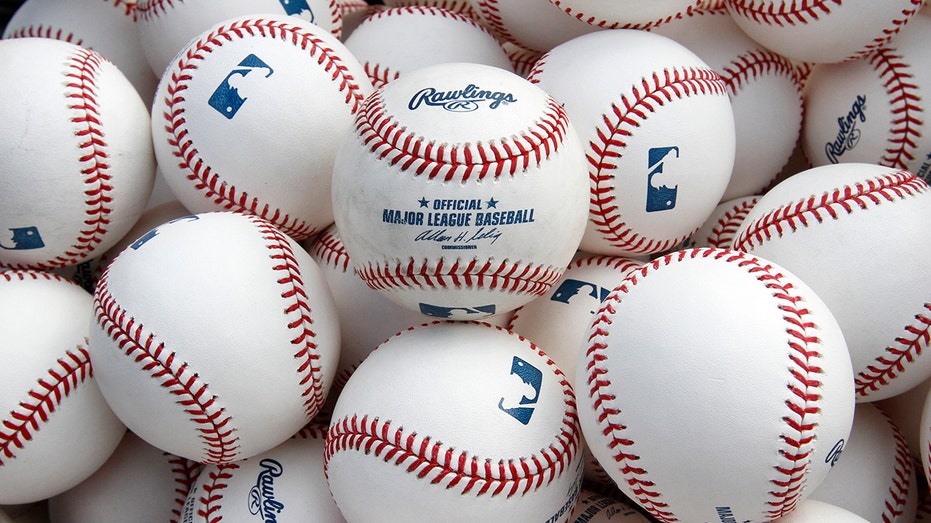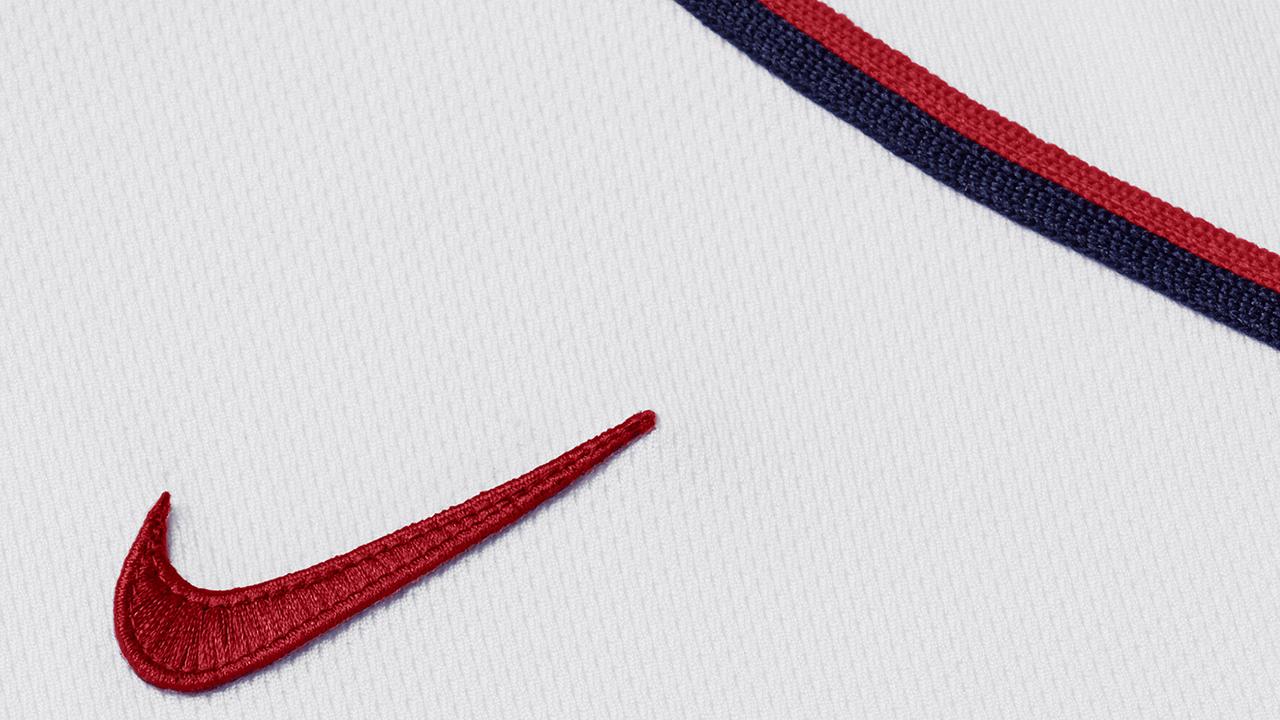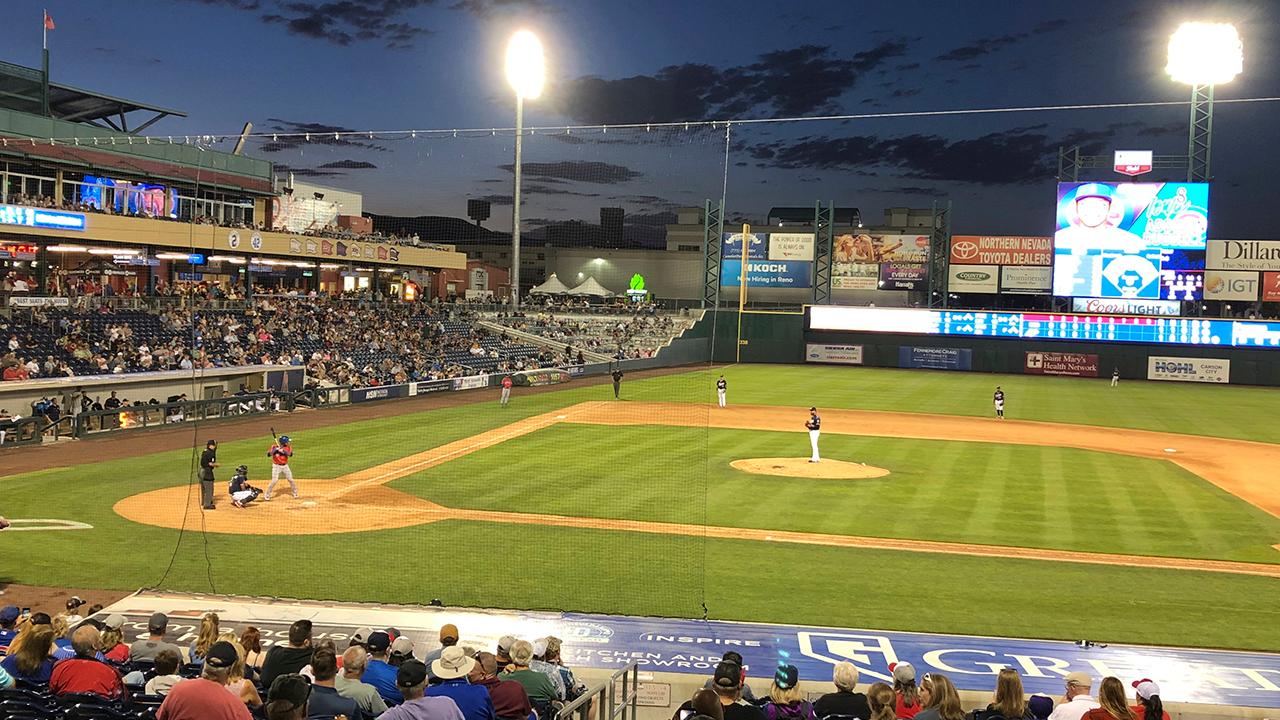MLB Rawlings baseballs weren't juiced during 2019 season, committee finds
MLB players hit a record 6,776 home runs during the 2019 regular season, breaking the previous mark by nearly 700 home runs.
A record-setting spike in Major League Baseball’s home run totals during the 2019 season was likely due to slight manufacturing variations and evolving batter tactics rather than a concerted effort to "juice" baseballs, according to the results of a league-commissioned analysis.
A four-person team of scientists and statisticians noted that StatCast data and laboratory experiments showed a decrease in "drag," or resistance during flight through the air, on baseballs. A 27-page preliminary report on their findings attributed to the change in drag to a difference in the height of seams on baseballs, which they attributed to "manufacturing variability."
DID MLB 'DE-JUICE' BASEBALLS FOR 2019 PLAYOFFS? LEAGUE OFFICIALS SAY NO
In addition, the committee noted that "changes in launch conditions" that contributed to the home run surge were a result of players adopting techniques meant to improve the launch angle of their swings rather than a difference in the baseball itself. The report ruled out the possibility that MLB or Rawlings altered baseballs to increase home runs totals.
"No evidence was found that changes in baseball performance was due to anything intentional on the part of Rawlings or MLB and were likely due to manufacturing variability," the report said.
MLB partnered with Seidler Equity to buy Rawlings, its longtime baseball manufacturer, for $395 million in June 2018. League officials faced – and denied – repeated allegations during the 2019 season that baseballs were behaving differently after contact than they had in the past.
MLB players hit a record 6,776 home runs during the 2019 regular season, breaking the previous mark by nearly 700 home runs. Houston Astros ace Justin Verlander emerged as one of the league’s most prominent critics, arguing before the All-Star break last summer that changes to the baseball had turned the game "into a joke."
Later, several players and executives claimed during the 2019 postseason that baseballs were traveling through the air differently than they had weeks earlier. While MLB said it used the same baseballs during the playoffs as it had during the regular season, a Baseball Prospectus analysis found that playoff baseballs had a different drag coefficient.
GET FOX BUSINESS ON THE GO BY CLICKING HERE
Critics claimed that MLB had "de-juiced" the baseball during the playoffs.

REUTERS/John Sommers II
The four-person committee's analysis of baseball performance during the playoffs noted an increased drag coefficient, but no change in the baseball itself, such as a variation in seam height relative to baseballs used during the regular season, that would account for the change.
The committee recommended that Rawlings should monitor baseball shipments to help ensure uniform performance throughout the season.
"Rawlings should develop a system to track the dates of which balls are manufactured and shipped to clubs," the report said. "Clubs should log which batches of baseballs are used in which games or homestands."





















